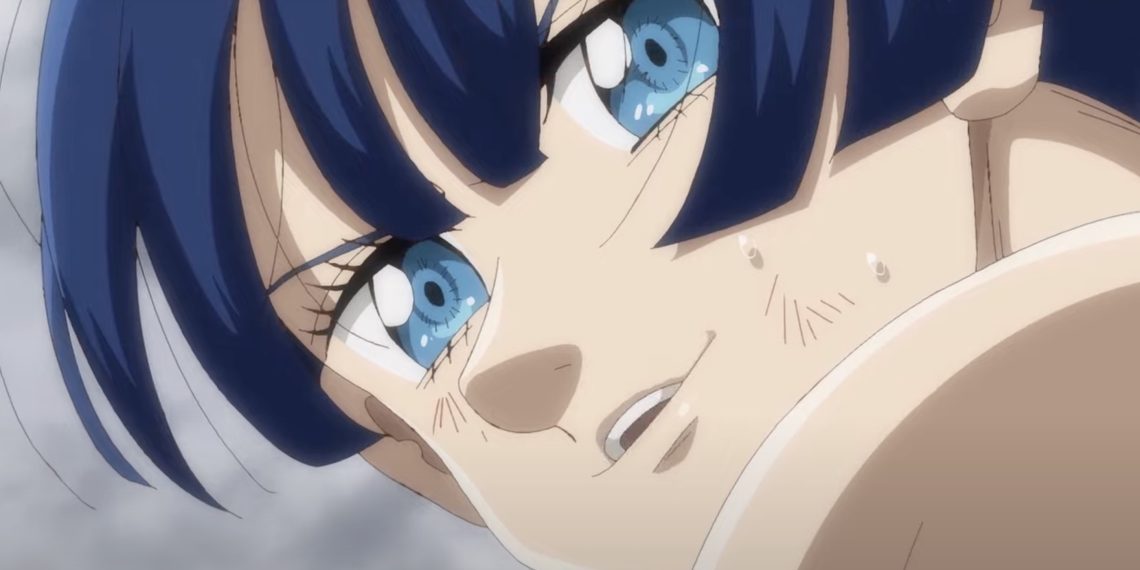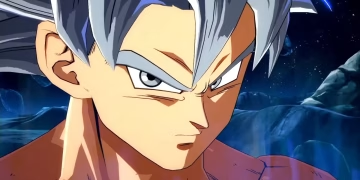In episode 21 of “The Seven Deadly Sins: Four Knights of the Apocalypse,” the focus remained on the development of the titular Four Knights following their initial meeting in the previous episode.
Despite their differences and initial failure to capture Pellegarde, the fight against the reborn Commandments proved more successful than expected, thanks to their efforts to coordinate their actions.
Gawain, while still somewhat self-centered, showed improvement in keeping her ego in check compared to previous encounters. Although she took a leading role in the fighting, her behavior was less disruptive, though it still irked Percival at times.
The dynamics within the group, particularly between Gawain and Percival, continued to be a point of tension. However, despite their struggles with teamwork and interpersonal relationships, there were signs of progress.
It became evident that the Four Knights were gradually moving towards a better understanding of each other and working together effectively to end King Arthur’s reign of terror.
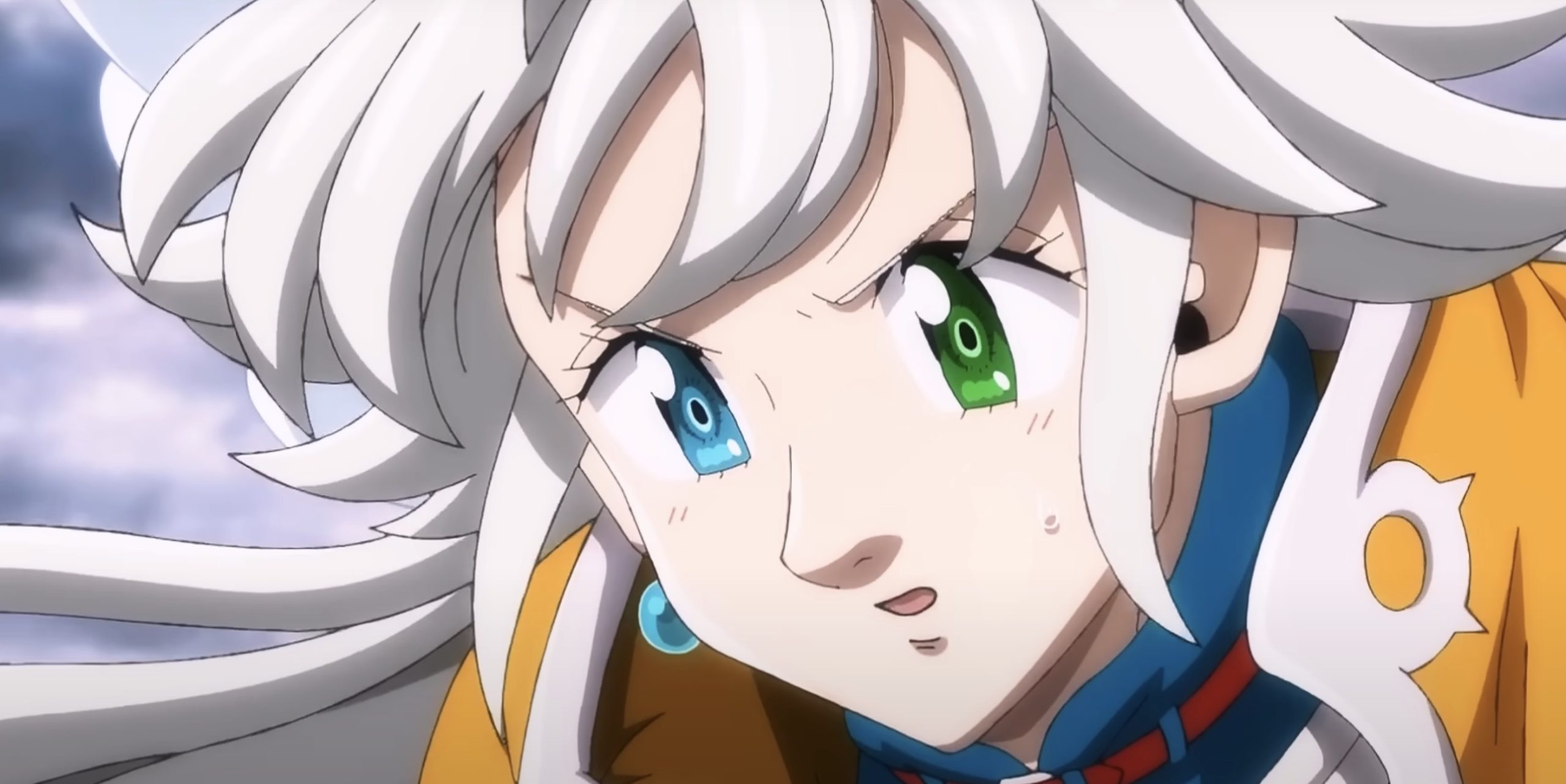
As the series progresses, viewers can expect further development in the relationships and abilities of the Four Knights as they continue their quest to confront King Arthur and bring peace to the land.
Arthur Manipulates And Monitors Powerful Demons
In Four Knights of the Apocalypse episode 21, the narrative begins with a recap of the original conflict between the Seven Deadly Sins and the Ten Commandments, shedding light on King Arthur’s motives for resurrecting the Commandments and granting them power.
It becomes clear that Arthur’s intentions are purely self-serving. He views the Commandments as powerful demons who can be manipulated into sacrificing themselves to atone for their past villainy.
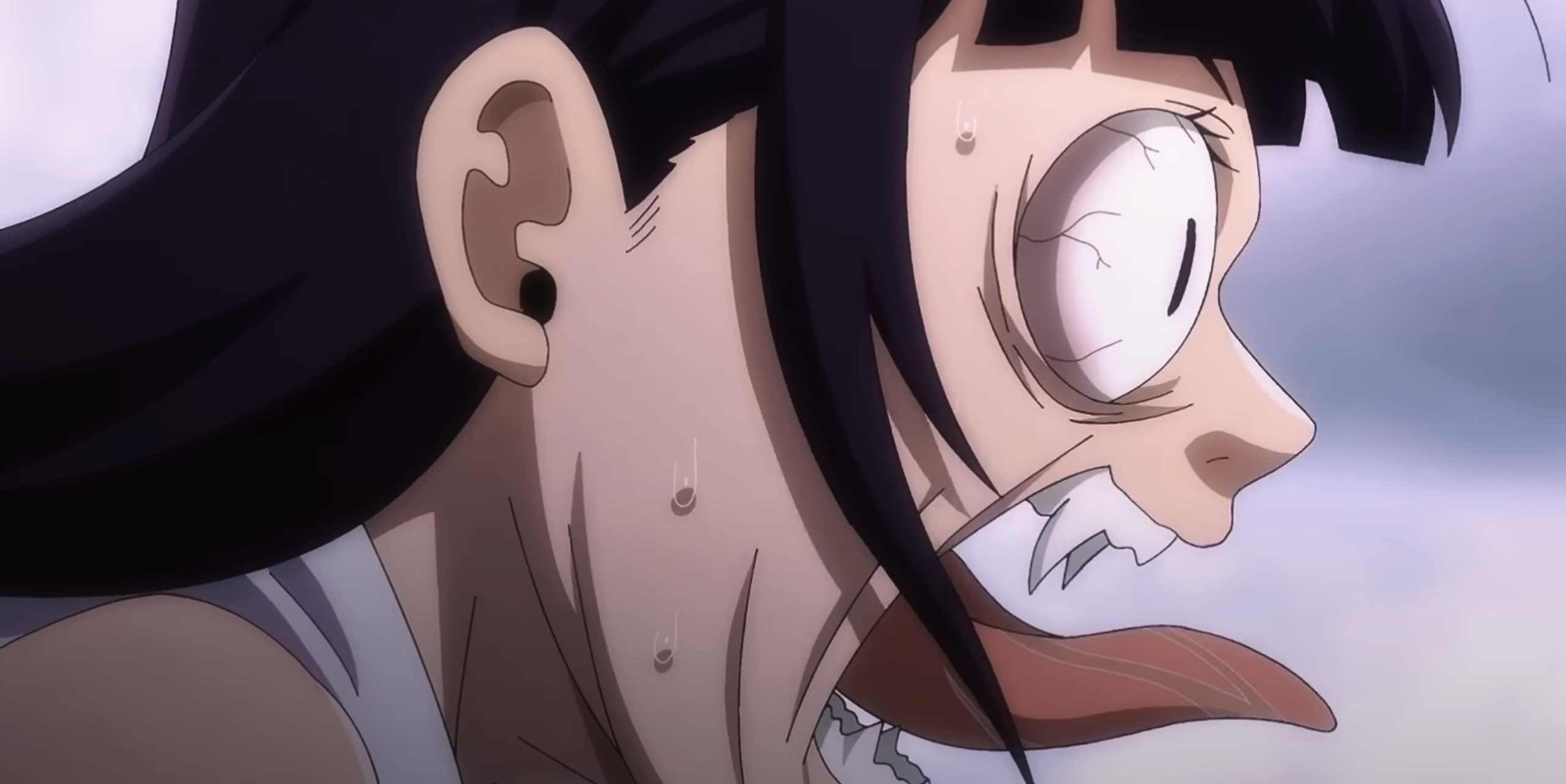
To ensure their compliance, Arthur has subjected them to brainwashing, erasing their memories, and punishing any disobedience with severe consequences. This manipulation leads to the downfall of Melascula.
Arthur’s disregard for the well-being of the Commandments is evident in his indifference toward their fate as long as his own goals are achieved.
He is primarily focused on the destruction of the Liones, the defeat of the Seven Deadly Sins, and the elimination of any threats posed by the Four Knights. Despite his lack of interest in the Four Knights’ activities, Arthur decides to closely monitor their progress in battle.
This shift in Arthur’s attention, from his pursuit of a wife to his observation of the Four Knights’ capabilities, marks a significant development in the storyline.
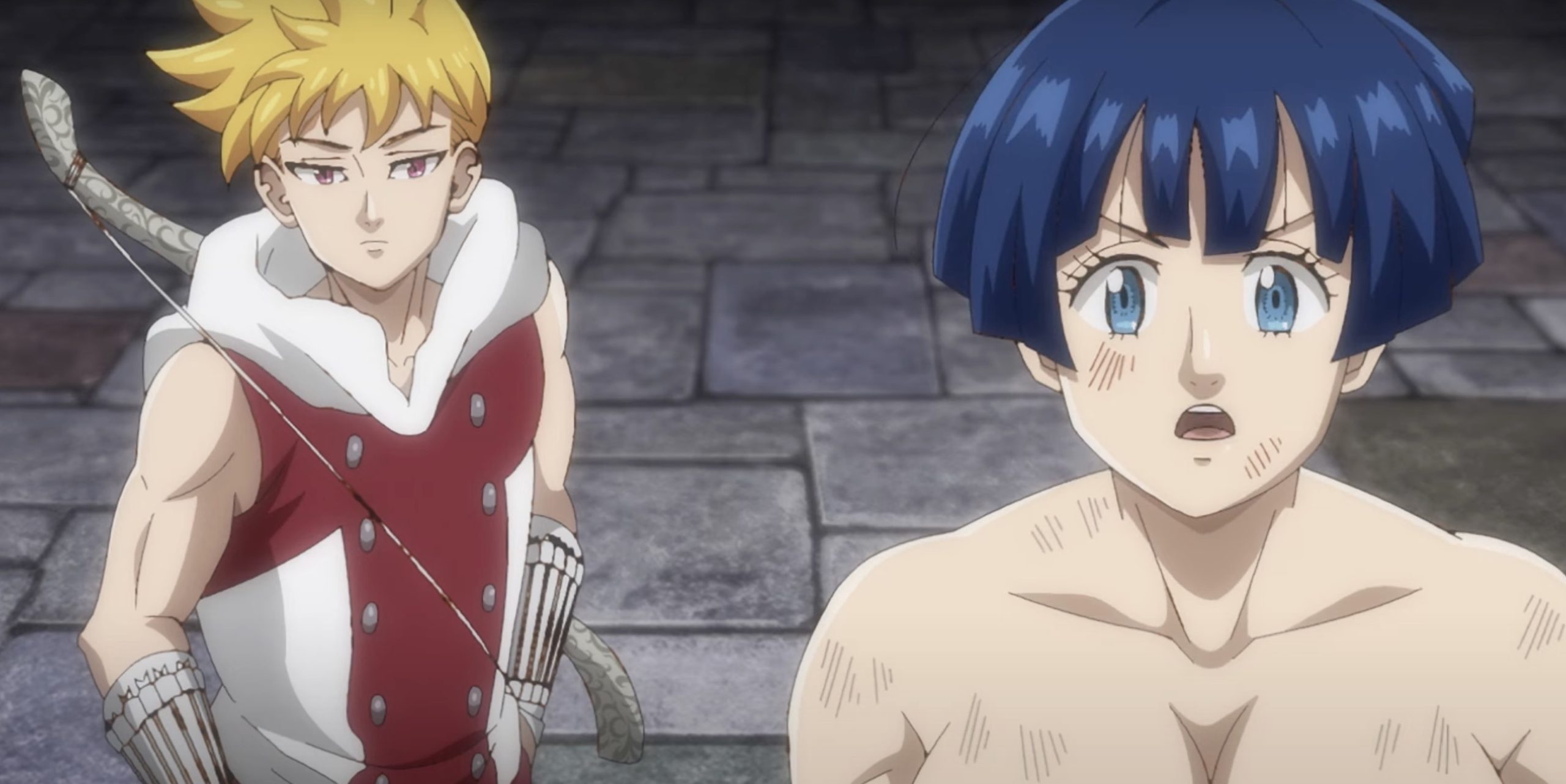
It serves as a warning that the challenges faced by the Four Knights will only intensify moving forward, indicating that the stakes are escalating in their quest to confront King Arthur and thwart his plans.
Meliodas redirects focus to a different threat, emphasizing strategic response
In Four Knights of the Apocalypse episode 21, the resurrected Ten Commandments, Galand and Melascula, pose a significant threat to Liones. Their destructive actions result in the deaths of numerous people and Holy Knights, highlighting the magnitude of the danger they represent.
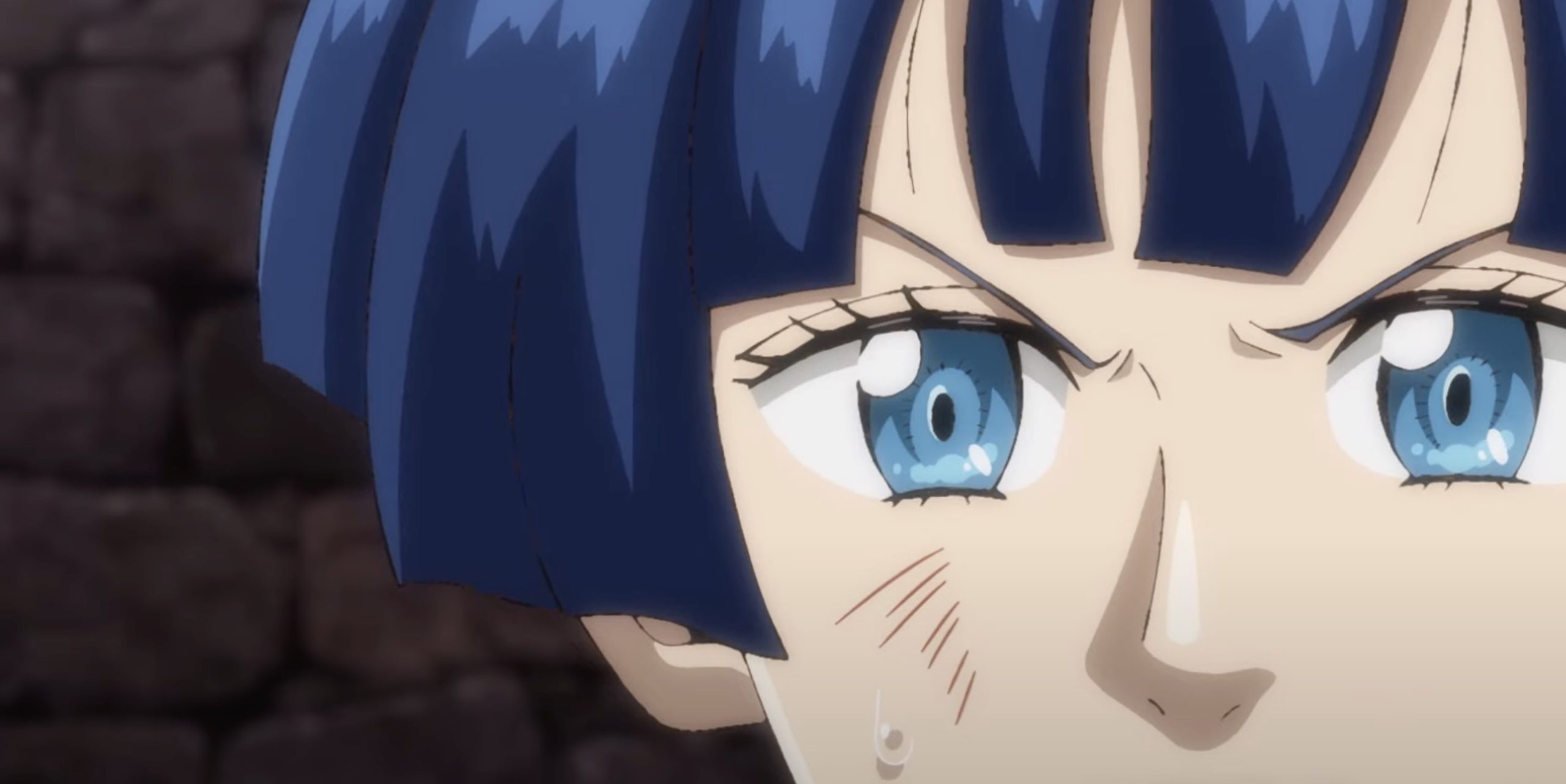
As the chaos unfolds, the citizens of Liones and its defenders, including Meliodas, are left scrambling to respond to the sudden onslaught. Meliodas briefly entertains the idea of confronting the Commandments directly, reflecting on the immense power they wield.
However, Meliodas and his advisor quickly realize that the attack is not targeting the castle or the Seven Deadly Sins directly. Instead, it appears to be a diversion aimed at accessing Bartra’s visions.
Recognizing the true objective behind the assault, Meliodas swiftly takes action to intercept the second threat, leaving the task of confronting the reborn Commandments to the Four Knights.
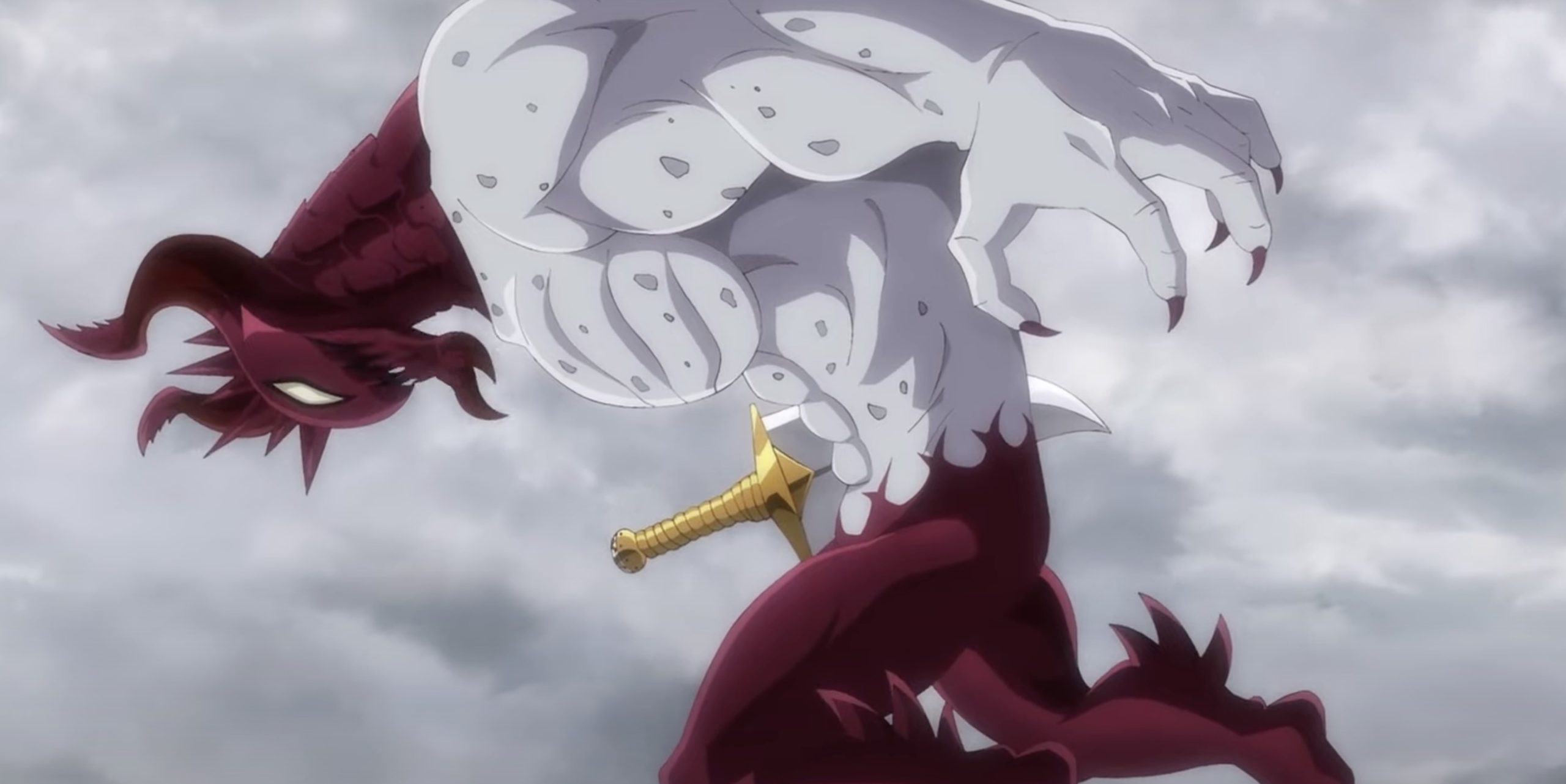
This shift in focus underscores the strategic nature of the conflict and the importance of understanding the enemy’s intentions beyond their immediate actions. As Meliodas races to confront the impending threat, the stage is set for a high-stakes showdown between the forces of good and evil in Liones.
The Four Knights defeat Galand and Melascula, showcasing their teamwork and strength
In the showdown against the reborn Commandments, the Four Knights demonstrate their prowess and teamwork, reminiscent of the legendary feats of the original Seven Deadly Sins.
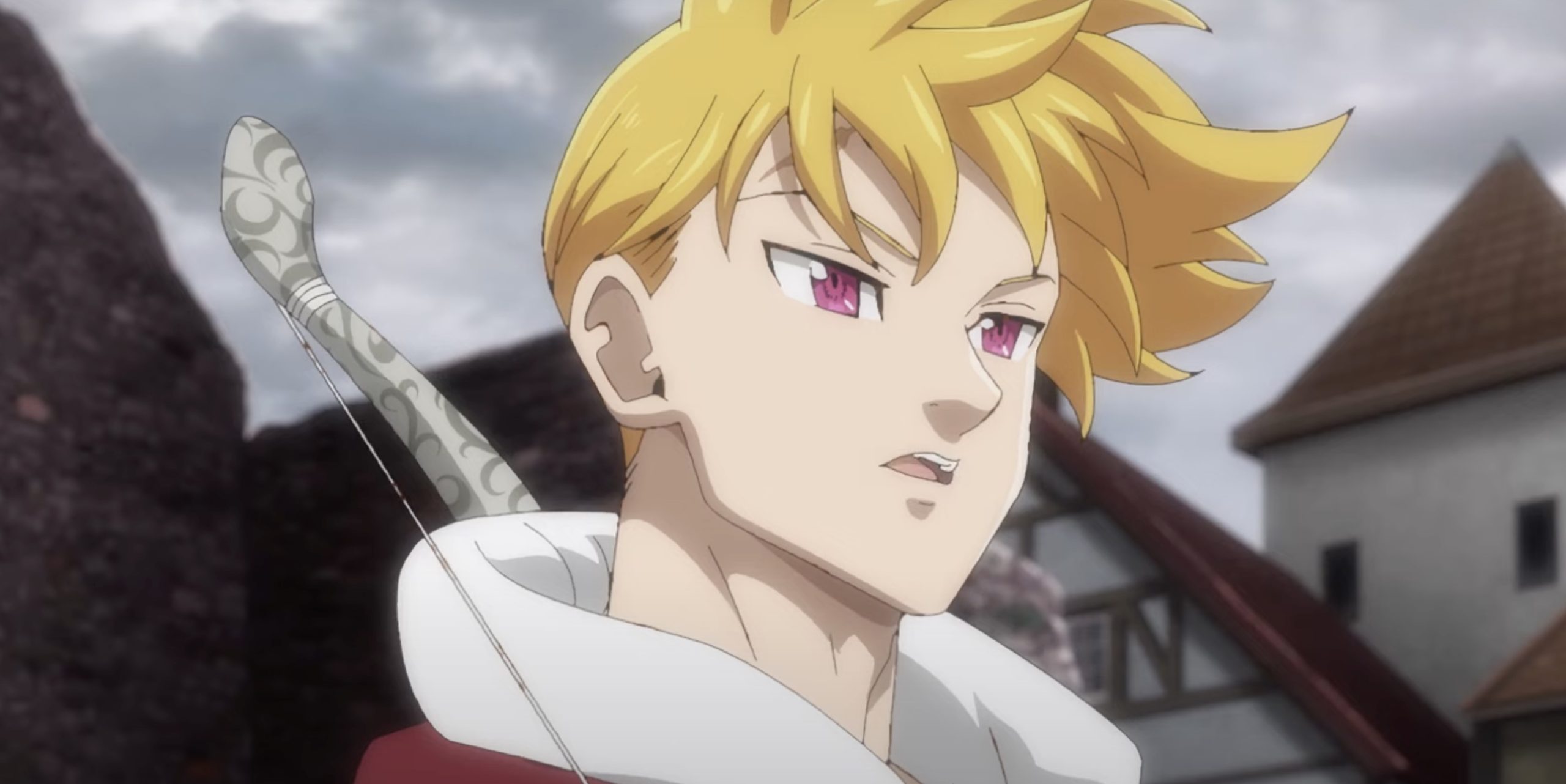
Regardless of facing formidable adversaries in Galand and Melascula, the Knights remain steadfast in their resolve to protect Liones.
Gawain and Percival showcase their combat abilities, with Gawain showcasing her strength and agility by deflecting Galand’s attacks while Percival employs his unique ability, the Hope Clone, to devastating effect.
With coordinated teamwork, they successfully defeat Galand, dealing a decisive blow that reduces the powerful demon to nothing more than a helmet.
Meanwhile, Lancelot initially appears to be disengaged from the battle. However, he plays a crucial role in turning the tide against Melascula by exploiting her vulnerability to triggers related to her true identity as “Faith” Melascula of the Ten Commandments.
This revelation causes Melascula to transform into her true form, a monstrous serpent but also exposes her to Tristan’s dark magic, leading to her downfall.
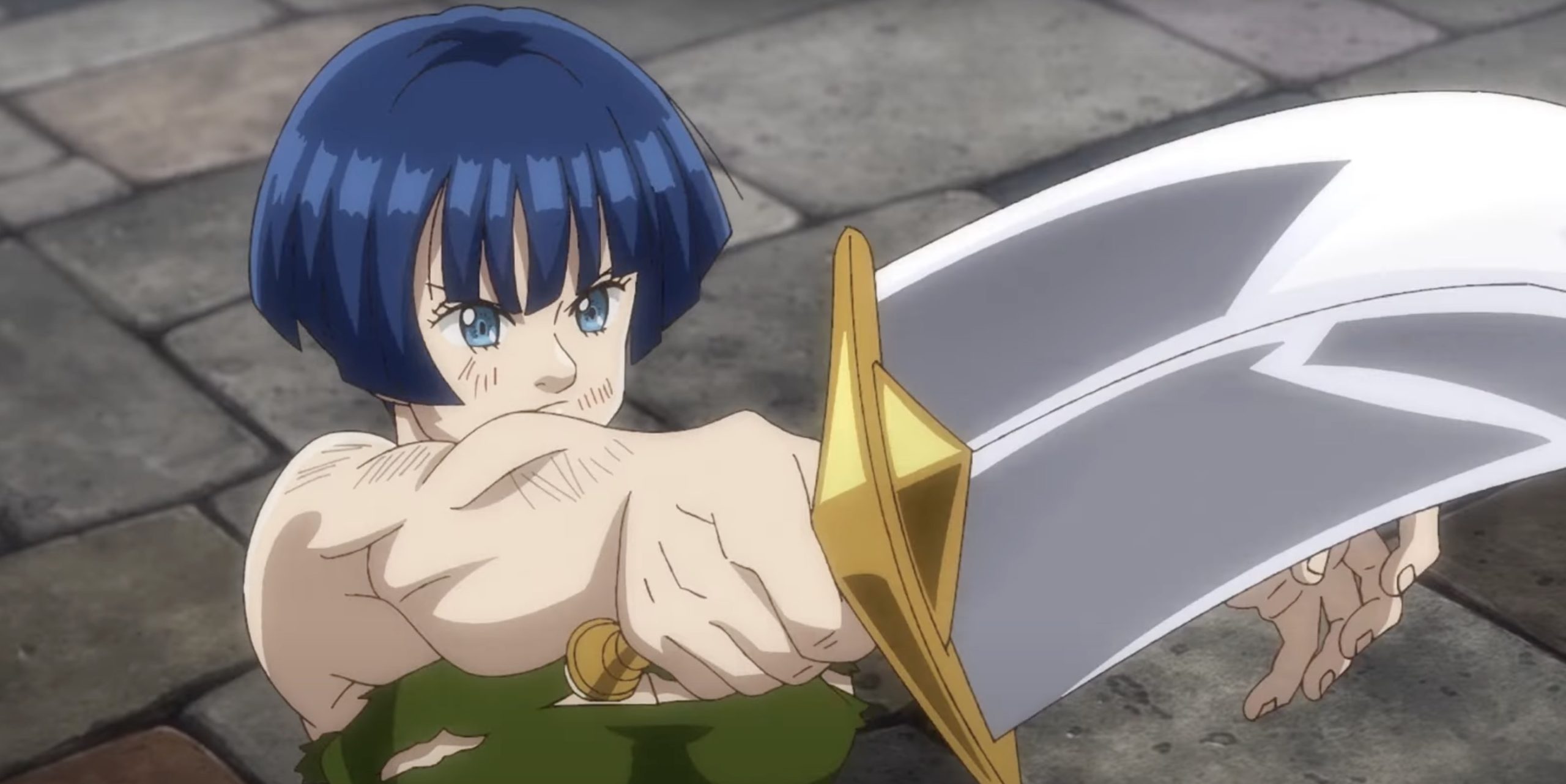
Through their combined efforts, the Four Knights emerge victorious against the reborn Commandments, earning a hard-fought triumph for themselves and the people of Liones.
The battle serves as a testament to their strength, resourcefulness, and determination in the face of overwhelming adversity, solidifying their status as formidable heroes in their own right.

